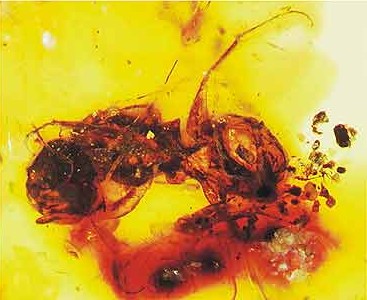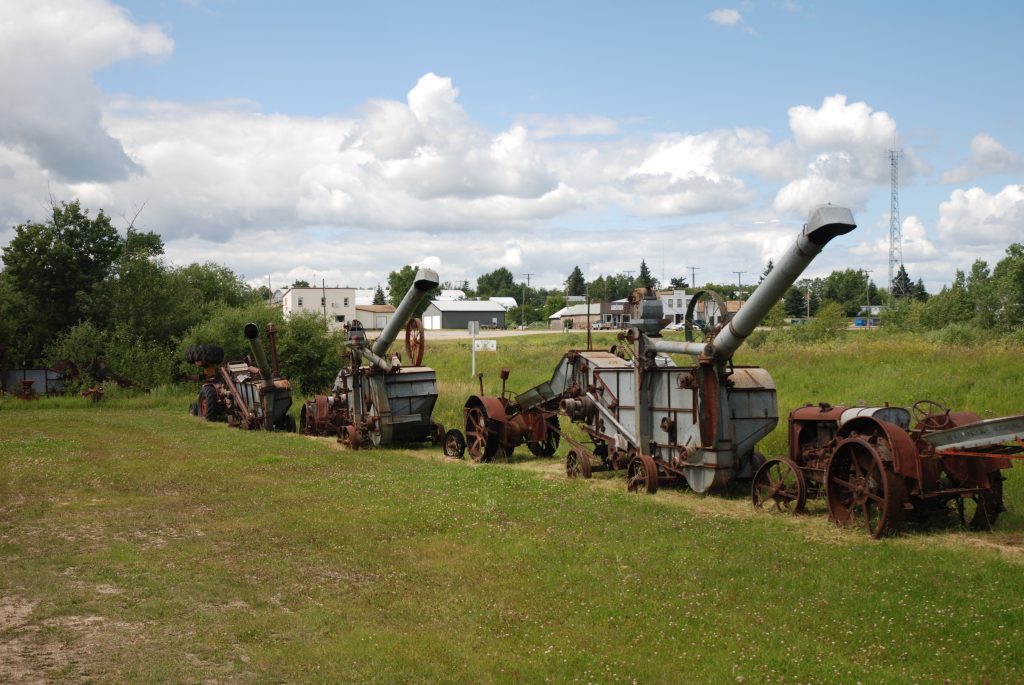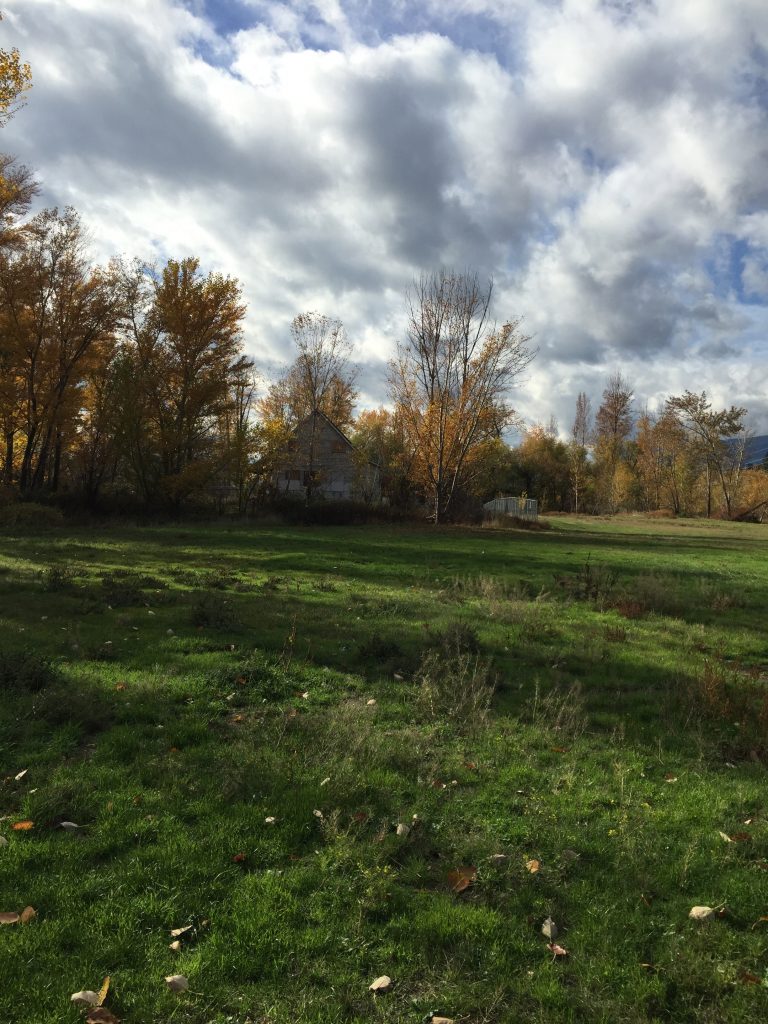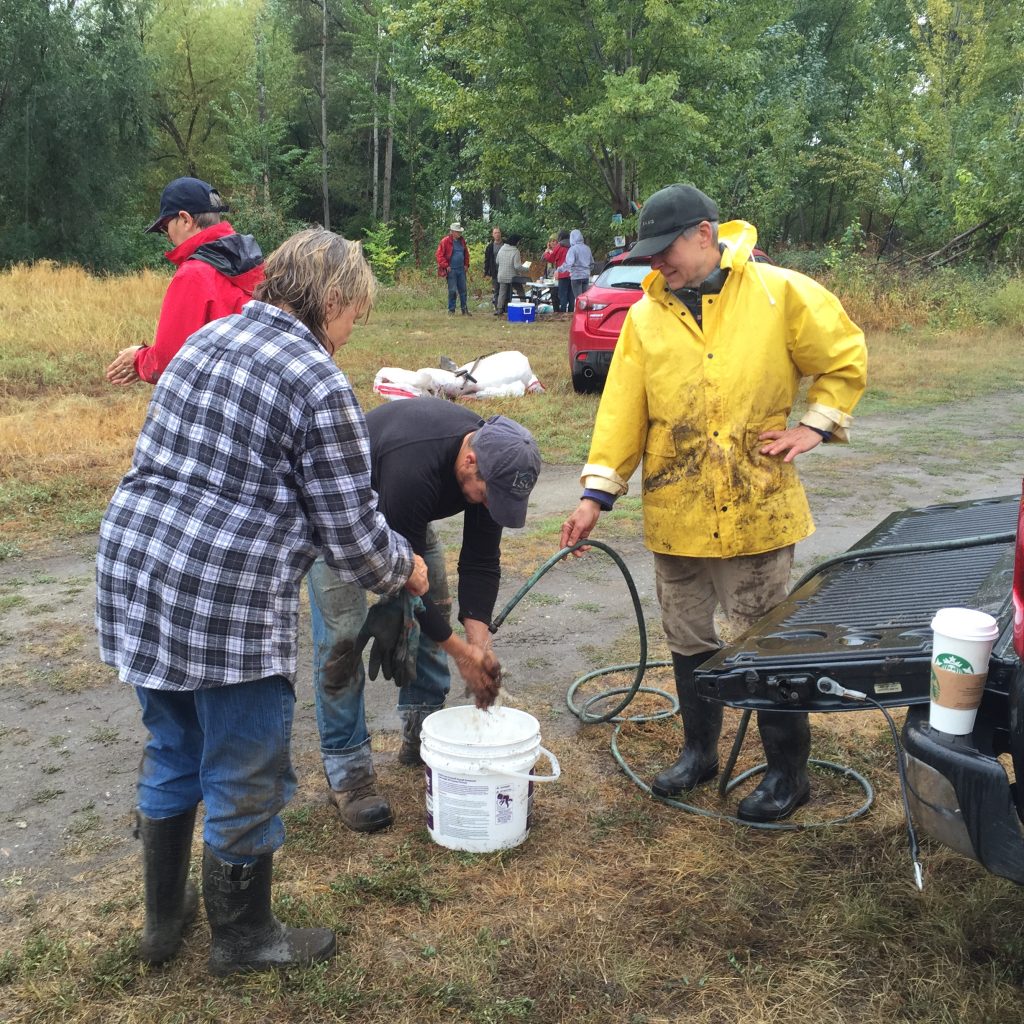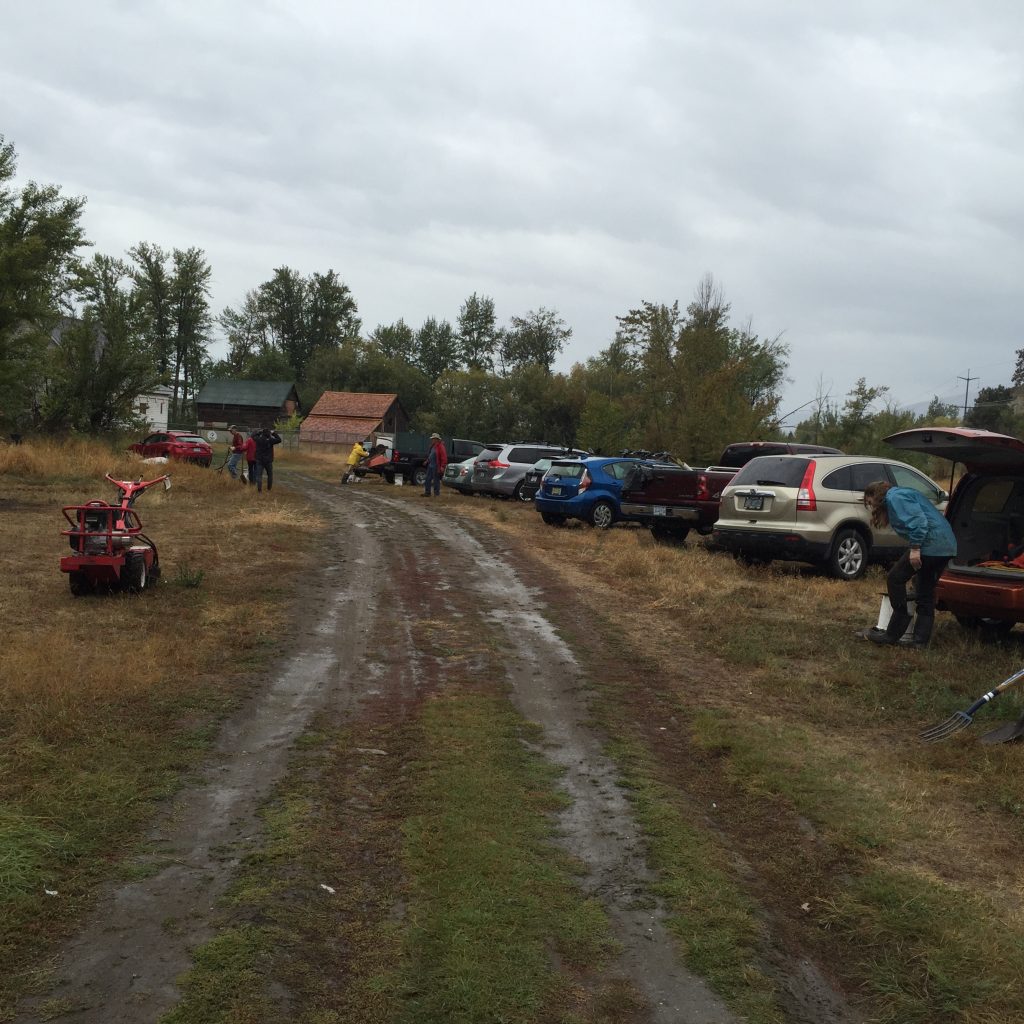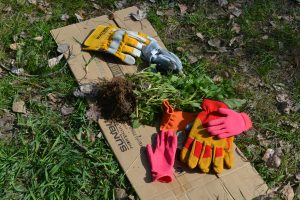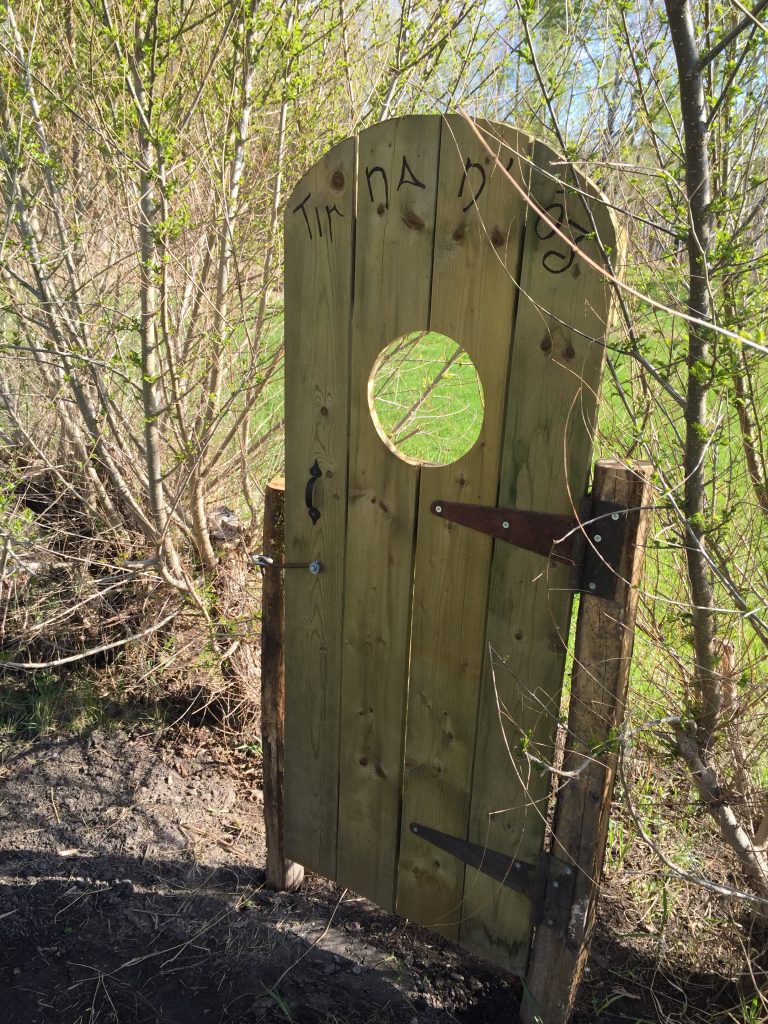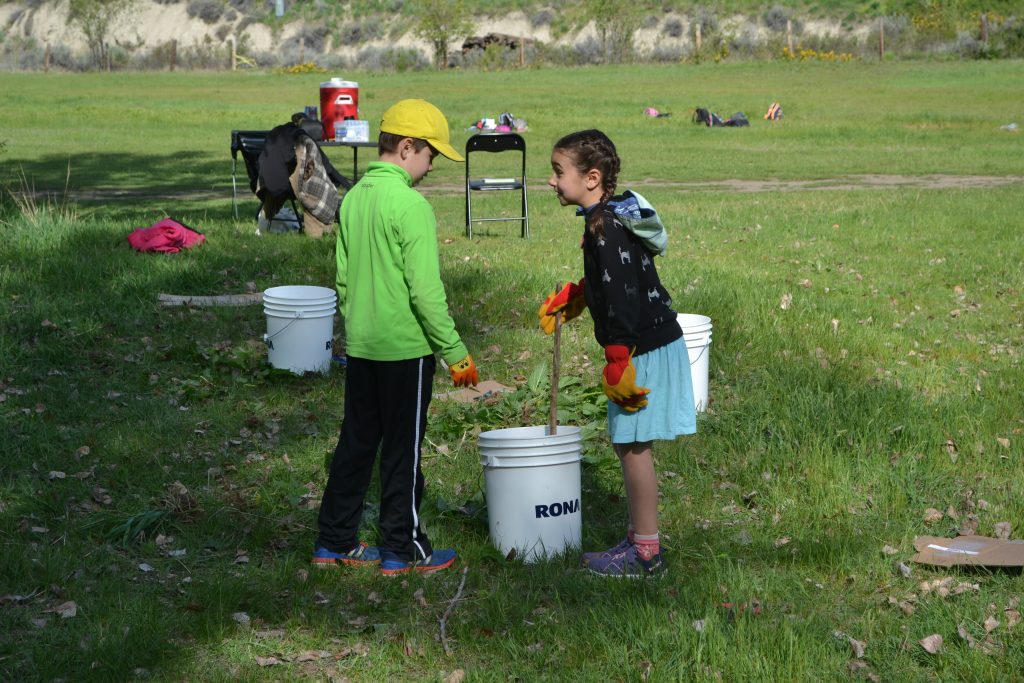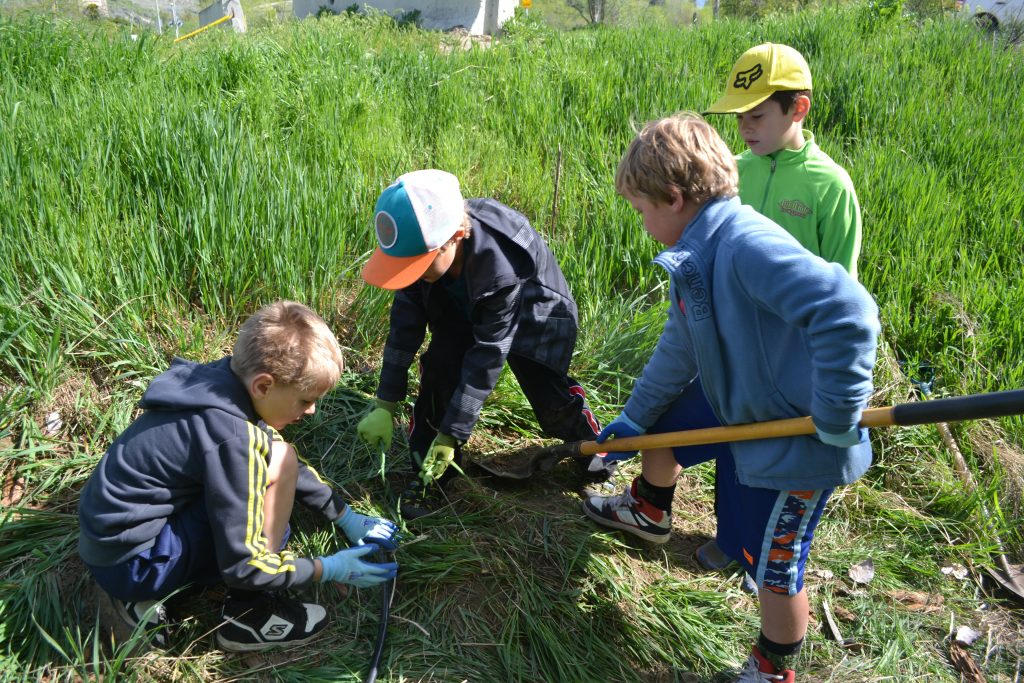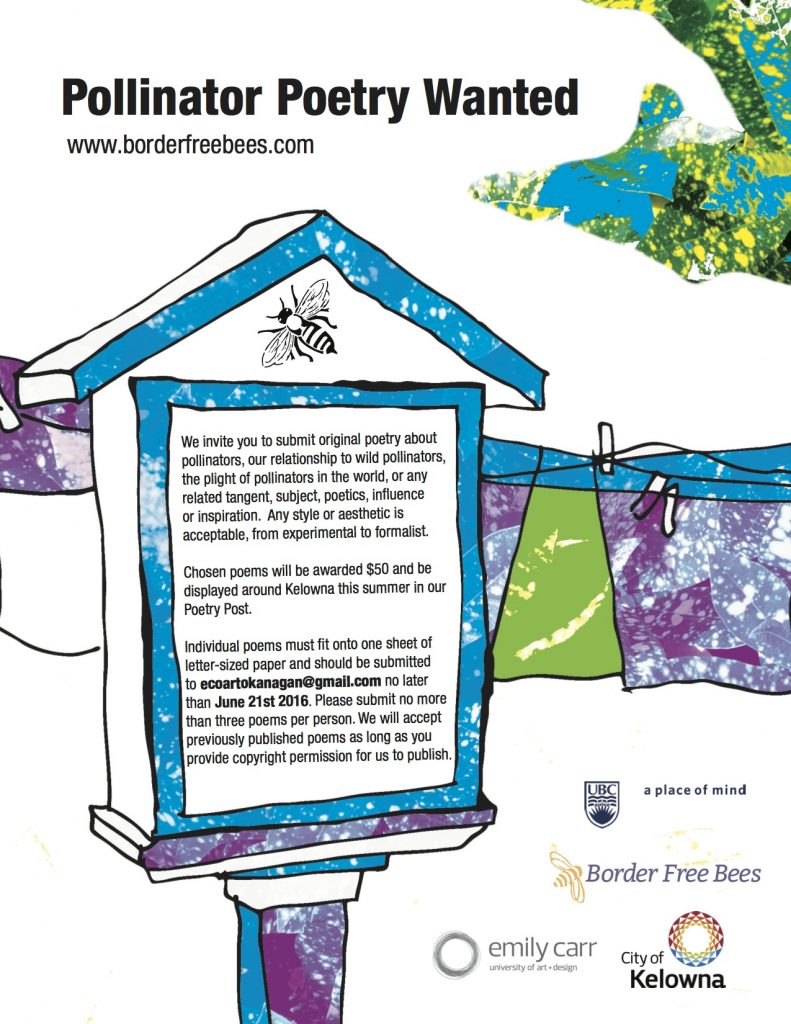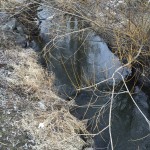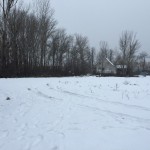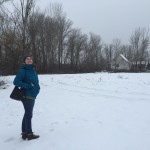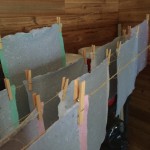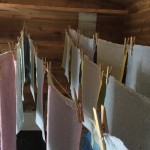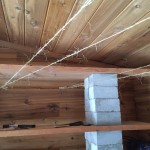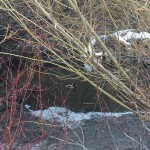Well … folks …
it has been a while since I’ve posted on here. I’ve had four or five posts that I’d written and planned out and thought about … but when it came to actually posting them … I couldn’t. They were all so wooden. It may be partly the anxiety of this being my first opportunity to be a ‘writer-in-residence’ … or the anxiety of writing my ‘unedited’ thoughts … and mostly, I’ll be honest, my insecurity over how little I know about bees, pollinators and plants. All the posts I have planned have been my own attempts to force something … almost like I was trying to find real-life examples and squeeze them into some sort of sermon about the natural world. I felt like I was ‘pretending’ that I knew what I was talking about. None of it felt right or comfortable or helpful.
I walked into this as someone who had no knowledge of what this project was trying to achieve, very little knowledge about bees … other than what I learned a few years ago when my sister and I planned on taking a course in Regina, SK on keeping honey bees & the stories my mother told me about Mr. Abrams … (her school teacher, who kept bees) … she worked for him at his apiary when she was a girl.
I keep trying to come up with concise, intelligent, enticing … or funny … well crafted & grammatically correct blog posts. I’ve felt out of my element because I usually write about human relationships and human psychology, spirituality, and often, I’ll admit, the dark and difficult experiences of the human heart. The joy though, too. The joy and beauty of human love and compassion and struggle. And now I come to this. This amazing opportunity to write about this seriously cool and important project. But I knew nothing of bees. All writers feel like frauds (about 90% of the time if their humble, 60-75% if they’re not). I’ve never felt so inadequate as a writer as I have in the past few months while trying to write something intelligent and well crafted on this blog.
So I’ve been reading and studying and thinking about bees, about conservation, about native plants and gardening … about the way the world is going … how my mother can walk down a grid road and name all the plants in the ditch … and how I can’t. How I have to look up what is recyclable and what isn’t online … what I should compost … what isn’t good for the soil etc. It is all daunting and overwhelming and I feel inadequate and embarrassed about how little I know. I’m supposedly ‘socially conscious’ (not that I really know what that means).
But I’m probably not alone in that … that feeling of inadequacy. That desire to do something, to help, to be in tune with the natural environment. To help.
So, I’ve decided that the best way I can write this blog is to do what I do best, to do what I do when I write poetry. To be brutally honest about things. About myself.
I knew almost nothing about bees or pollinators or conservation when I was asked to be a part of this project. I had an interest, sure. I have worked for non-profits, arts orgs & community outreach stuff since I was in my teens. My brother is a conservation officer, my mother grew up on the land, my family had/has gardens … I care about this stuff. I was obsessed with invasive species and the circumpolar north for most of my early twenties (just ask me about leafy spurge) … I’ve spent time living off-grid.
I thought I knew more than the average bear.
But the more I study bees and pollinators and native plants … I realize how little I know.
Some things I’ve learned:
- flies have two wings, bees have four!
- there are two species of bees in the arctic … one of them is a ‘social parasite’
- not all bees are honey bees or social bees
- wasps will eat flesh for protein & bees get their protein from pollen
- there are an insane amount of bee species out there – and so many of them look nothing like what we think bees look like
- it is incredibly hard to be a bee
- the organisms that prey on bees … the mites & other things … yikes! they read like a horror story … can you imagine something burrowing into you & leaving larva inside you & eventally getting eaten from the inside out?
- the tradition of “telling the bees” – you guys have to look it up, cause it is fascinating … traditionally, people used to ‘tell’ their bee colonies when a family member died … because it was believed that if they didn’t tell the bees the whole colony would up and leave! The bees would know!
The more I learn about bees … the more I fall in love with them & understand why so many poets have written about them.
Some of the books I have been reading:
Candace Savage’s Bees: Nature’s Little Wonders
(a fabulous little book – so comfortable to read & full of poems and art about bees … also, just FYI Candace is a wonderful gracious lady & you should also read her book, Geography of Blood)
The Bees in Your Backyard: A Guide to North American Bees
(read the bit about ‘Bee predators’ … mother nature is anything but benign …)
Bees: And Up Close Look at Pollinators Around the World
(beautiful pictures of bee species from all over the world … like the title says!)
Now that I’ve been honest about my own inadequacy … I hope I won’t hesitate anymore about putting up my awkward thoughts & attempts to learn more about pollinators and the importance of this project.
Forgive my punctuation.

